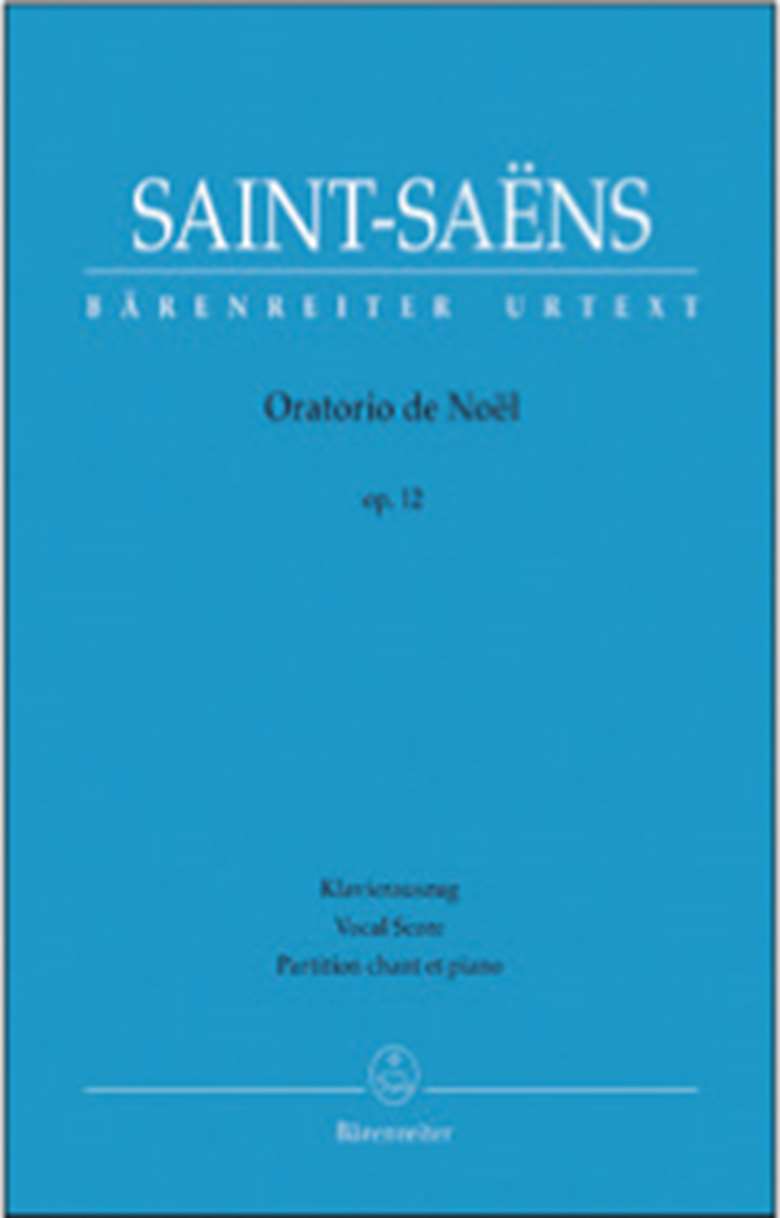Saint-Saëns: Oratorio de Noël Op 12 (Bärenreiter vocal score)
Jeremy Summerly
Friday, July 1, 2022
The new Bärenreiter edition of Saint-Saëns's Christmas Oratorio is clear and legible, with a particularly thoughtful piano accompaniment in the vocal score

Register now to continue reading
This article is from Choir & Organ. Don’t miss out on our dedicated coverage of the choir and organ worlds. Register today to enjoy the following benefits:
- Free access to 3 subscriber-only articles per month
- Newly-commissioned sheet music to download from our New Music series
- Unlimited access to Choir & Organ's news pages
- Monthly newsletter






